Scientists at the University of California - UC San Francisco (UCSF) and Northwestern Medicine Hospital School of Medicine (USA) have found a way to overcome the limitations of T cells by borrowing some tricks from cancer cells themselves.
Specifically, by studying mutations in malignant T cells that cause lymphoma, the researchers focused on a type of mutation that gives the T cells special powers.
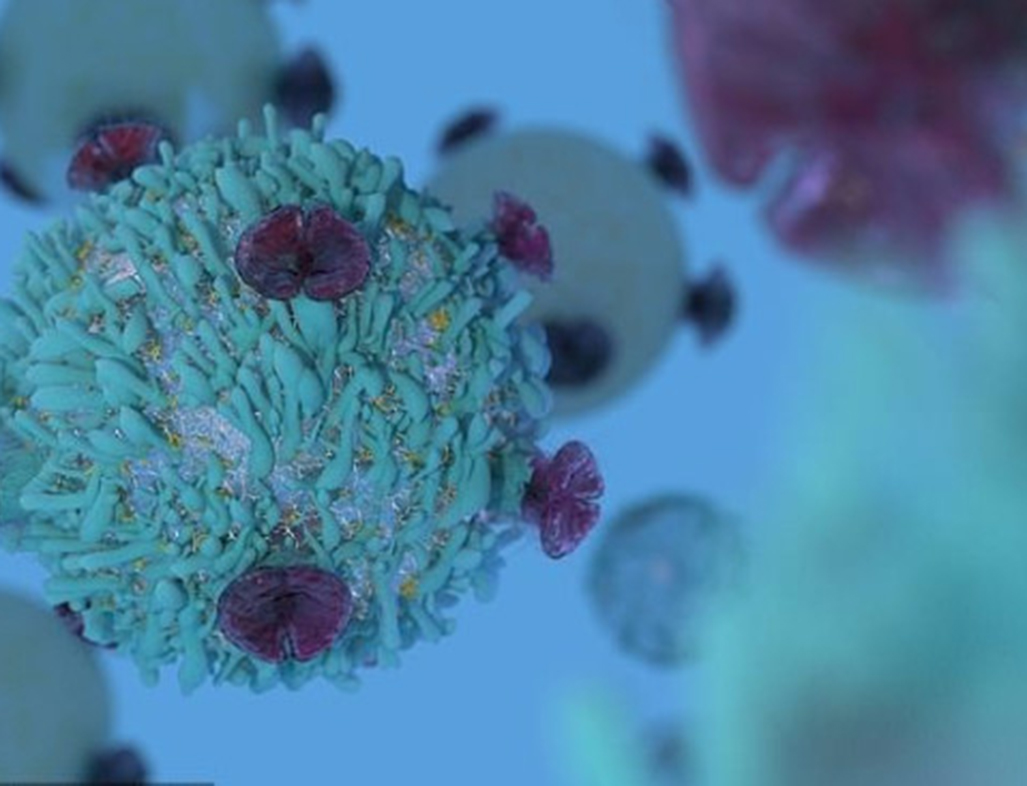
Scientists have found a way to power up T cells so they can kill cancer cells, without becoming toxic.
As a result, the researchers discovered that inserting a gene encoding a unique mutation into normal human T cells made them 100 times more powerful at killing cancer cells, without becoming toxic, according to medical website Medical Express.
While current immunotherapies only work against blood and bone marrow cancers, T cells boosted this way were able to kill skin, lung and stomach cancer tumors in mice.
The team has begun testing this new method on humans.
We've taken nature's path to creating better T-cell therapies, said Dr. Jaehyuk Choi, a physician at Northwestern University's Robert H. Lurie Comprehensive Cancer Center.
We have transferred the superpower that makes T cells a hundred times more powerful, enough to kill even untreatable cancers, said Dr. Kole Roybal, director of the Parker Institute for Cancer Immunotherapy Center at UCSF, according to Medical Express.
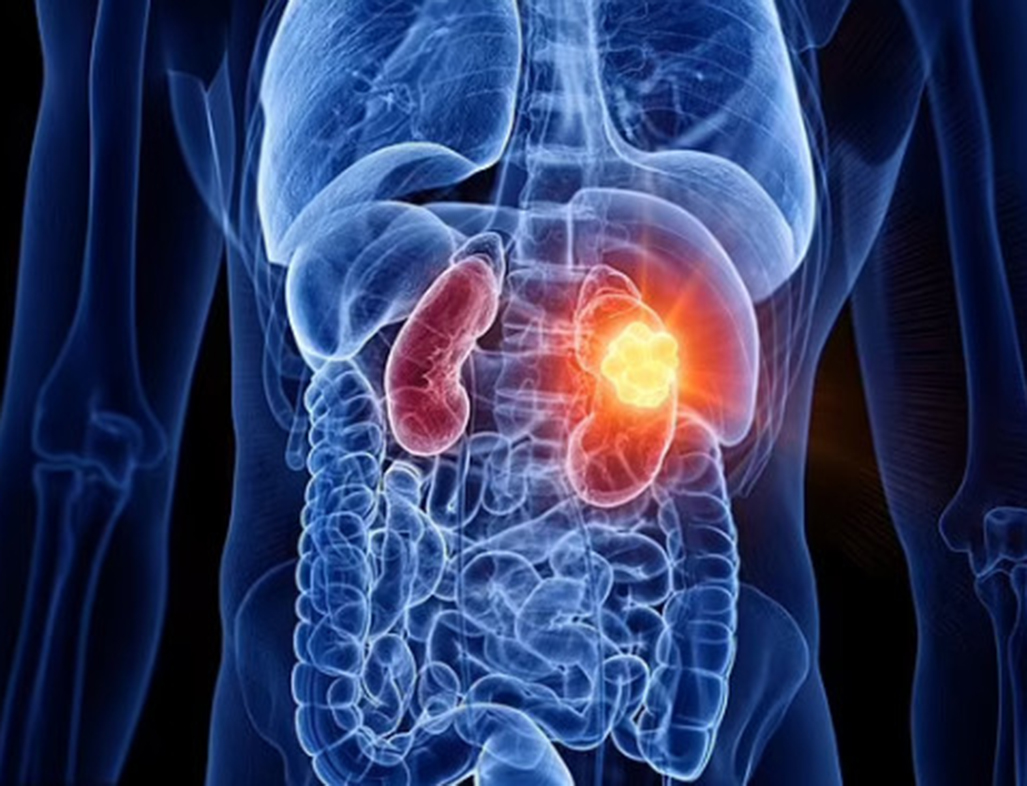
This new method could kill even untreatable cancers.
Typically, immunotherapy is difficult to use against most cancers because tumors try to survive by starving themselves of oxygen and nutrients. Tumors often hijack the immune system, forcing it to defend the cancer cells instead of attacking them.
The authors screened 71 mutations found in patients with T-cell lymphoma and identified which mutations might enhance engineered T-cell therapies in mouse tumor models. Ultimately, they isolated a drug that was both potent and non-toxic after undergoing numerous rigorous tests.
Our discovery allows T cells to kill many types of cancer. T cells have the potential to treat patients with severe disease and poor prognosis, said Dr. Choi.
Source link



![[Photo] Chairman of the Hungarian Parliament visits President Ho Chi Minh's Mausoleum](https://vphoto.vietnam.vn/thumb/1200x675/vietnam/resource/IMAGE/2025/10/20/1760941009023_ndo_br_hungary-jpg.webp)
![[Photo] Solemn opening of the 10th Session, 15th National Assembly](https://vphoto.vietnam.vn/thumb/1200x675/vietnam/resource/IMAGE/2025/10/20/1760937111622_ndo_br_1-202-jpg.webp)
![[Photo] National Assembly Chairman Tran Thanh Man holds talks with Hungarian National Assembly Chairman Kover Laszlo](https://vphoto.vietnam.vn/thumb/1200x675/vietnam/resource/IMAGE/2025/10/20/1760952711347_ndo_br_bnd-1603-jpg.webp)

![[Photo] Prime Minister Pham Minh Chinh meets with Speaker of the Hungarian National Assembly Kover Laszlo](https://vphoto.vietnam.vn/thumb/1200x675/vietnam/resource/IMAGE/2025/10/20/1760970413415_dsc-8111-jpg.webp)


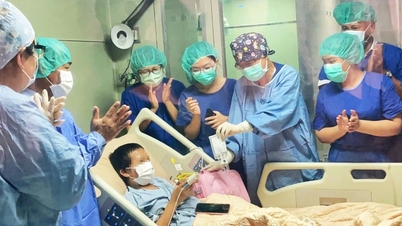
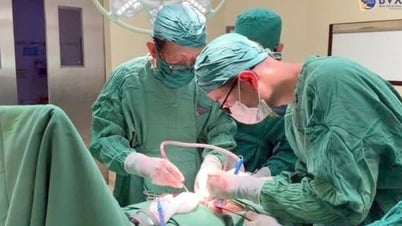



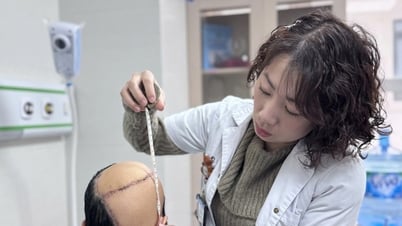
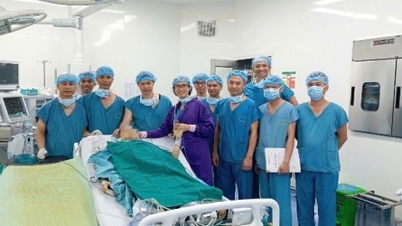

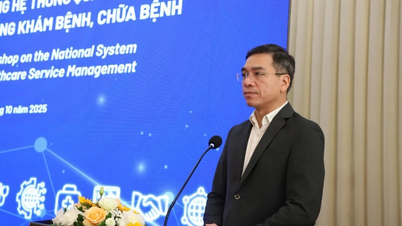


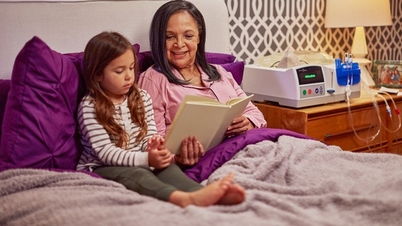

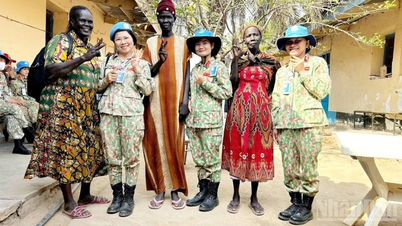

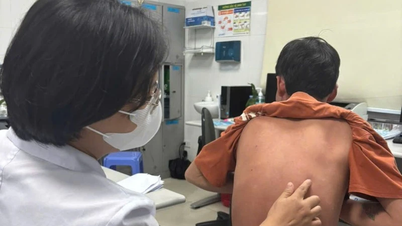





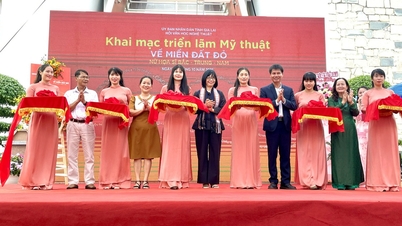
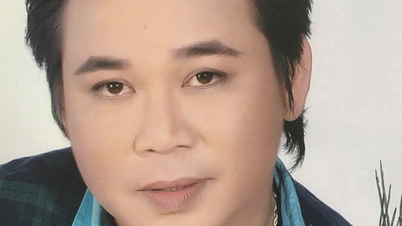



![[Photo] The Steering Committee of the 2025 Fall Fair checks the progress of the organization](https://vphoto.vietnam.vn/thumb/1200x675/vietnam/resource/IMAGE/2025/10/20/1760918203241_nam-5371-jpg.webp)


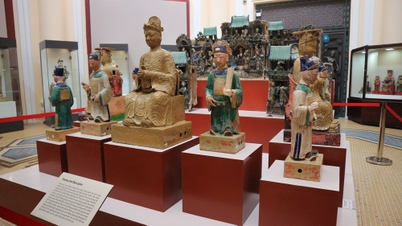











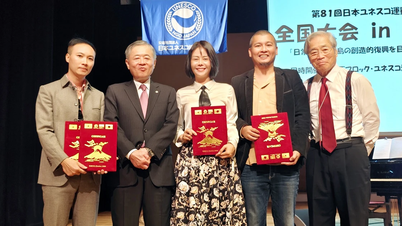







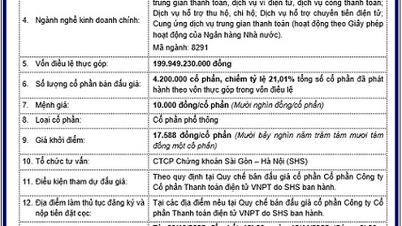
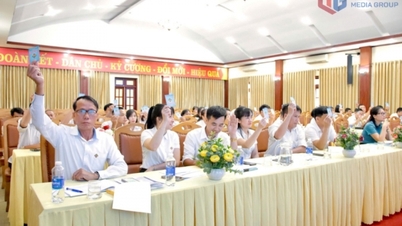











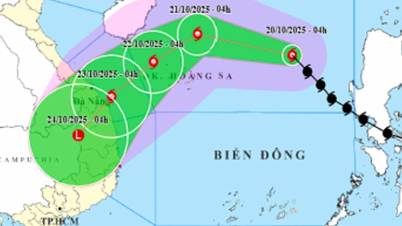

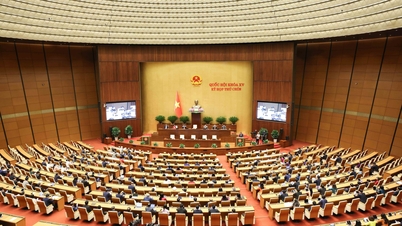


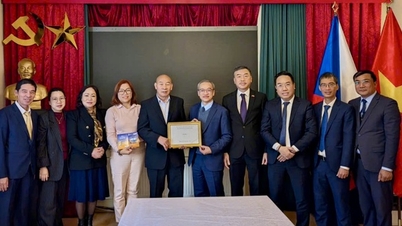







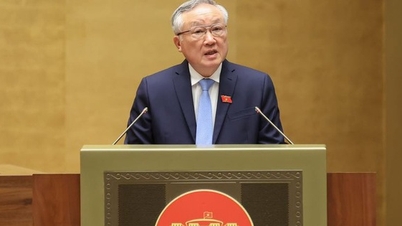





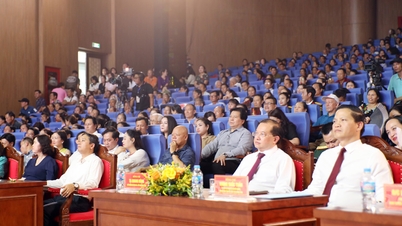

















Comment (0)